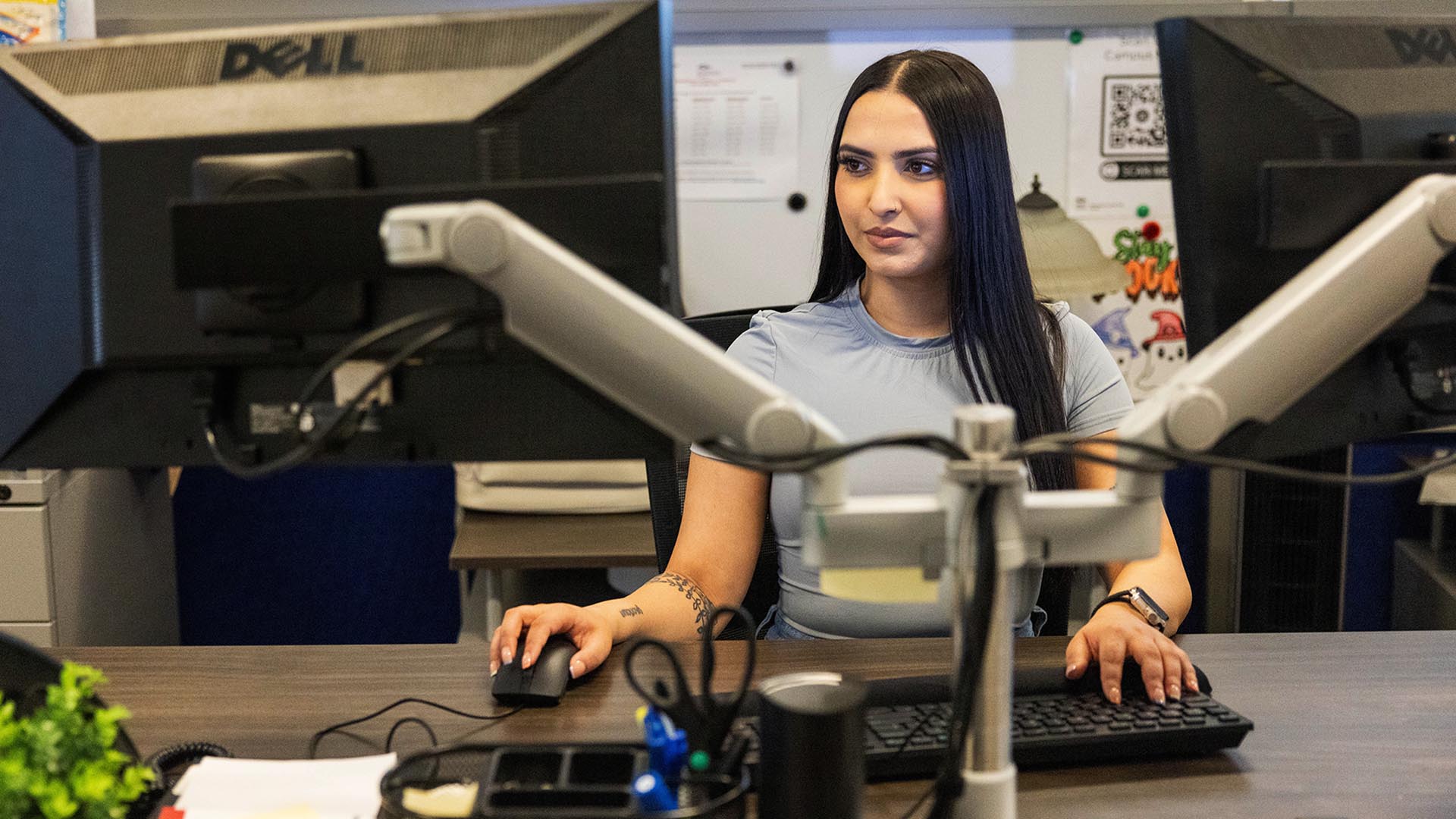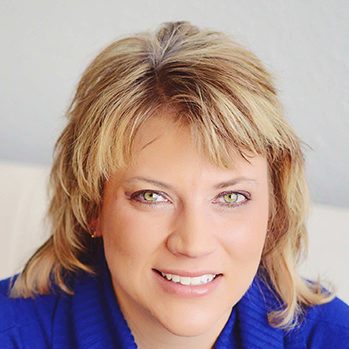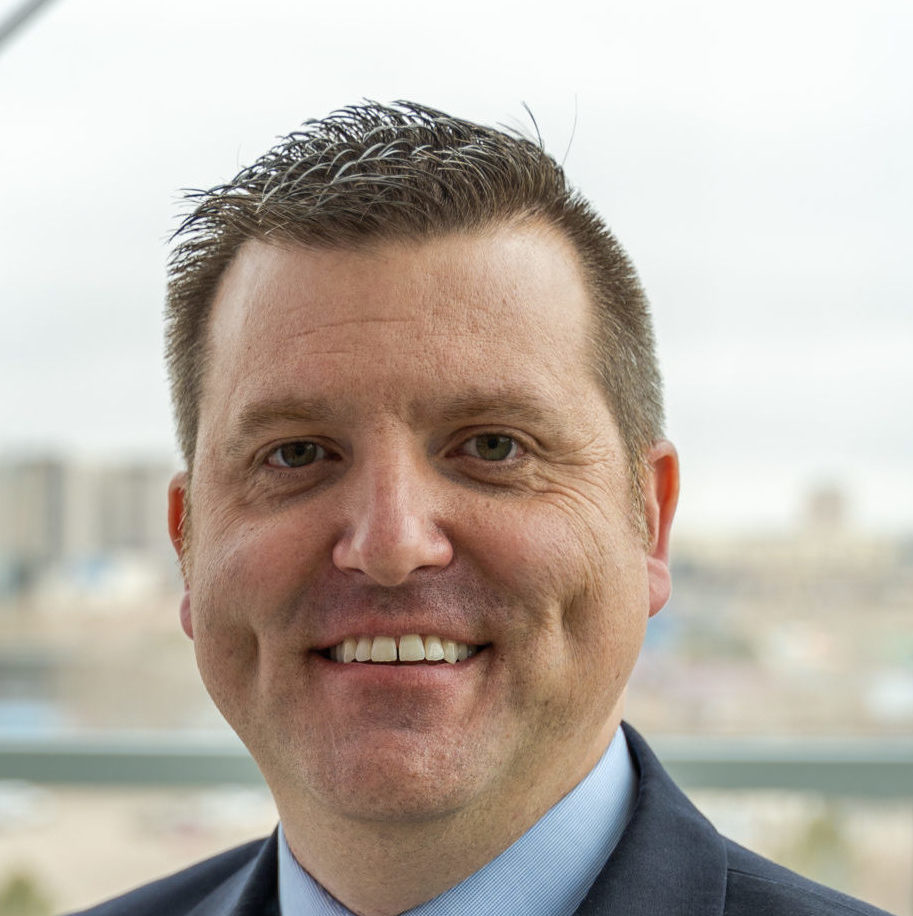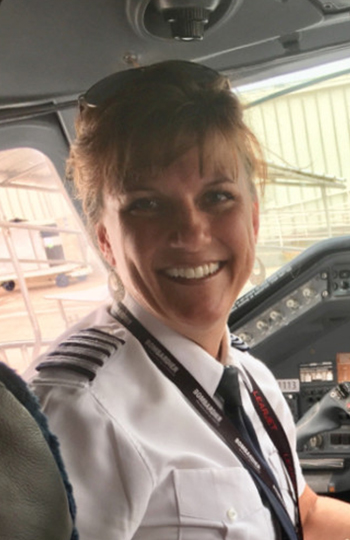Taking off as a pilot, landing in law
Alumna Marcela Mendoza overcame early head winds to become a pilot before a change in course led her to immigration law.
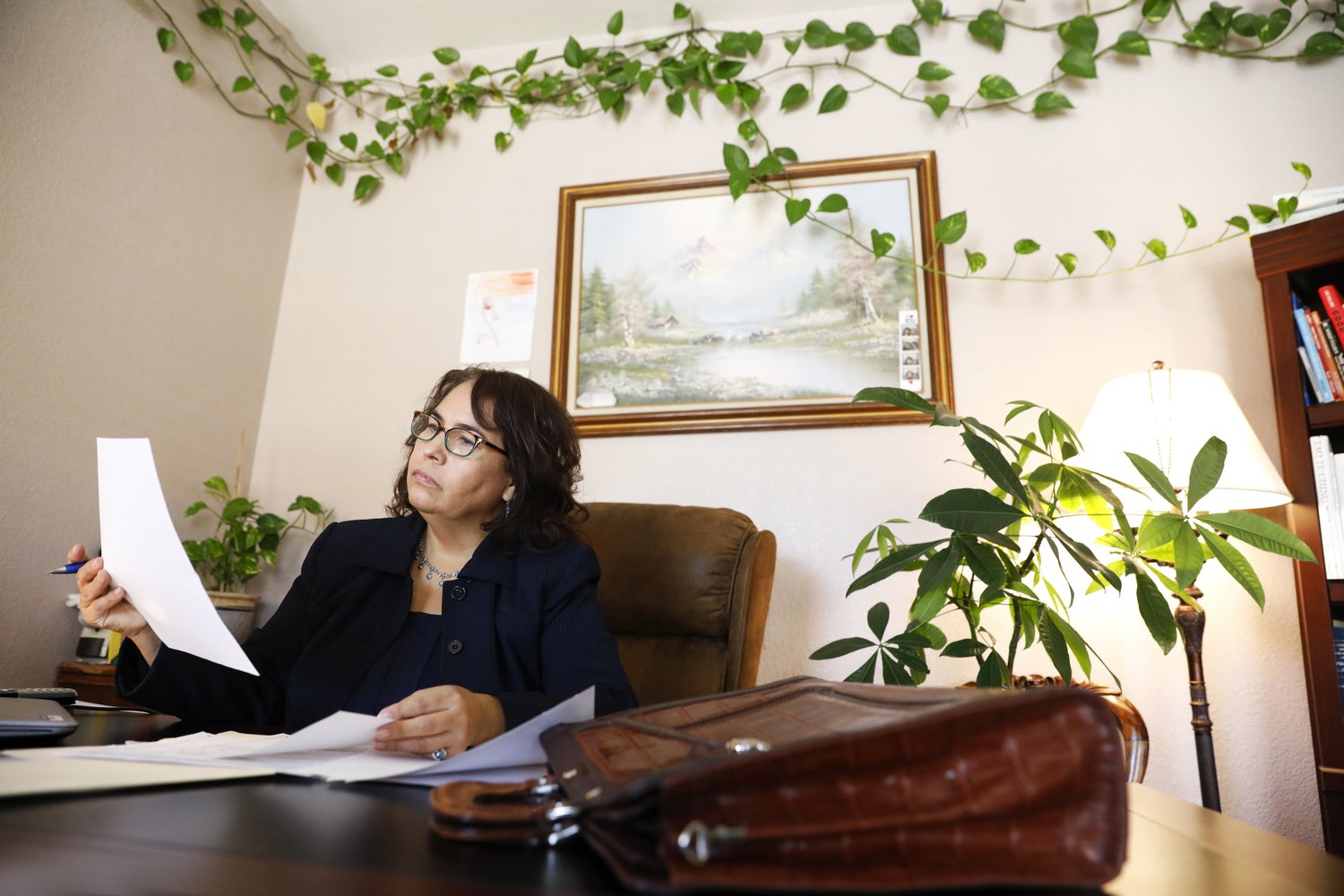
Marcela Mendoza had one more year of high school left in Mexico when her brother persuaded her to join him in the United States.
“When I arrived here, I didn’t speak a word of English,” Mendoza says. “I had left all my high school friends, part of my family and my life in Mexico.”
She admits that when she arrived in 1983, she didn’t like it.
“I felt that I couldn’t learn English or get used to a completely different life (and) language and the people,” she says.
The biggest hurdle, she says, was being so different. “I dressed differently,” she says. “I spoke a different language; I didn’t know popular U.S. artists; I didn’t understand TV shows.”
It was so bad, Mendoza decided to drop out of high school and return to Mexico, even if that meant letting go of her dream to learn to fly and become a pilot.
The town where she was born sat at the foot of a mountain. “That mountain inspired me to grow wings,” she says, “and as a pilot, I knew I could see more of this wonderful world around us.”

She told her family of her decision to leave high school. “My brother had a completely different reaction from what I expected,” she says. “He agreed with me and told me that as soon as I learned to speak English, he’d take me back and help me.”
It turns out that was just what she needed to hear.
The next Monday, Mendoza returned to her U.S. school instead, determined to learn English as fast as she possibly could. Oddly enough, it was math that gave her the confidence to tackle English.
“For the first time ever, I loved math class,” Mendoza says. “I didn’t need to understand the language. I understood the numbers, and that was enough – that and my brother’s promise.”
She went on to attend MSU Denver and earn her commercial pilot’s license. “My simulator classes, my trips to United Airlines pilot-training center, my flying lessons at Jeffco (Airport, known since 2006 as the Rocky Mountain Metropolitan Airport),” she lists among her fondest memories at the University. “The Tivoli, the brewery in the basement and the peanuts on the table.”
After graduating with an aviation degree in 1991, she readied herself for a career as a pilot. But it wasn’t to be. “I loved flying, but I also knew I could do so much more for myself, more for my family and more for the world.”
She says she came to realize that being of service to others was what she truly wanted. She eventually opened a translation business and was doing well. “I was traveling a lot as a business consultant,” she says, “and yet I knew that wasn’t it – I could do more.”
That’s when she met an immigration attorney who had asked for her help with a family from Mexico. It was familiar territory – fitting perfectly with her own experience of immigrating to the U.S.
“I loved it,” she says. “This family had a very difficult life, and I felt I could help them, that I could make a difference.”

So Mendoza returned to school to get her paralegal certificate and began working in immigration law. Then one day, while in court at a proceeding, a not-very-polite judge reminded Mendoza she was “just the paralegal.”
“I was very upset with him,” she says, “and so I thought, ‘Fine, I’ll go back to school and get my law degree.’”
And that’s exactly what she did. Today, she’s a principal in the office of Jackson Lewis PC in Denver, working all aspects of employment-based immigration. Her clients include Fortune 500 companies, startup companies, U.S. branches of global corporations and individuals.
And she loves it. She says one case sums up why.
“I had a political-asylum case for a 16-year-old girl from Somalia,” she says. “I didn’t sleep for weeks, afraid I’d lose the case and that she’d be deported. We won, and she was able to stay. She has a beautiful life now, and I made a difference in her life.”
She says the most gratifying part of her work is simply helping people: “Keeping families together, helping a young student get a work visa so she may stay in the country and fulfill her dreams, helping a company hire the most talented applicant.”
Her advice to today’s students: “Don’t live in the world of what-ifs. What if I can’t learn English? What if I can’t pass the flight exam for my instrument rating? What if I don’t pass the bar exam? Only one thing can be constant in this world: your conviction to do what you want to do, to do it well, to do it completely.”



